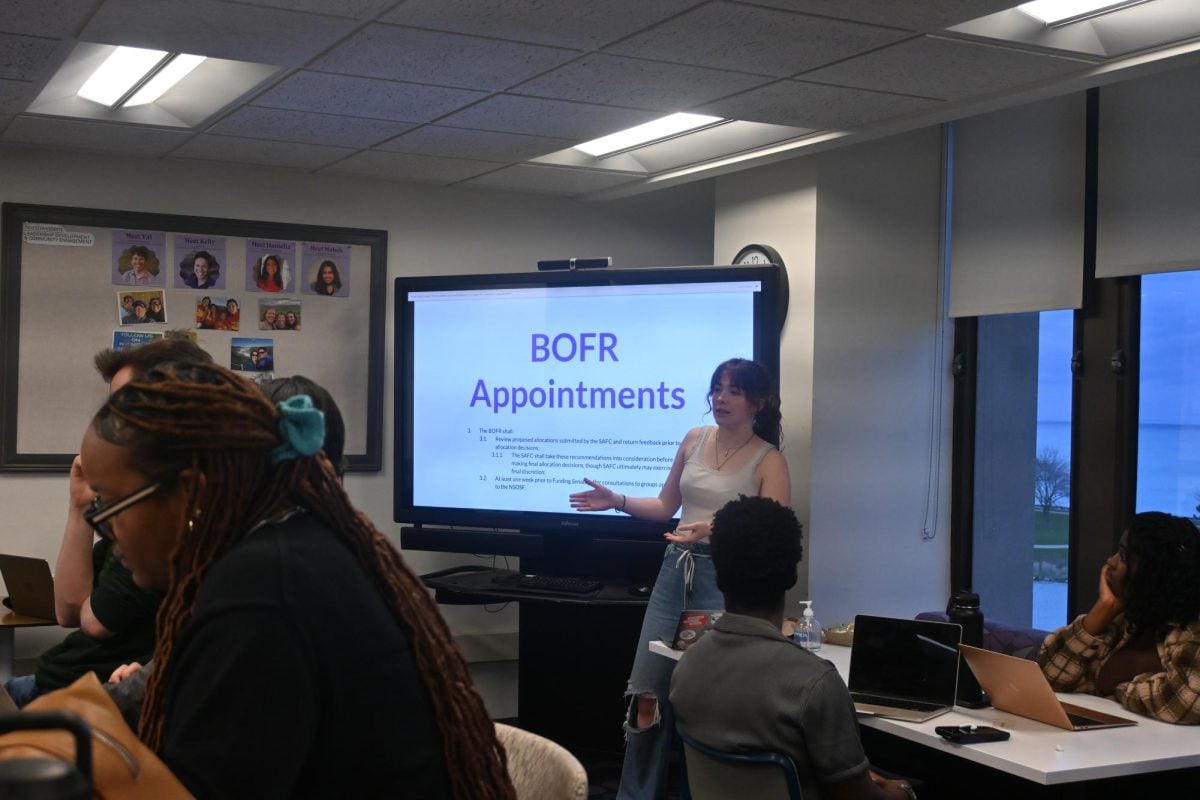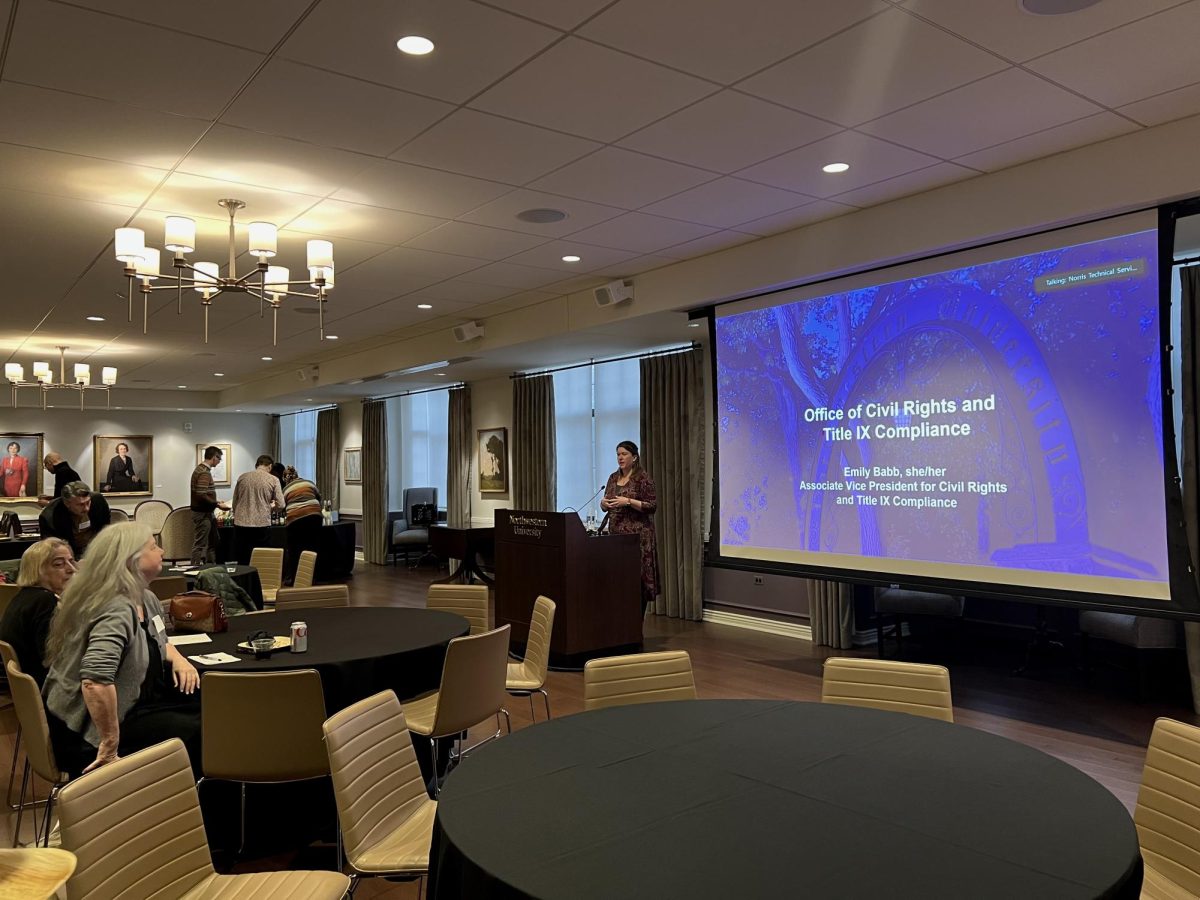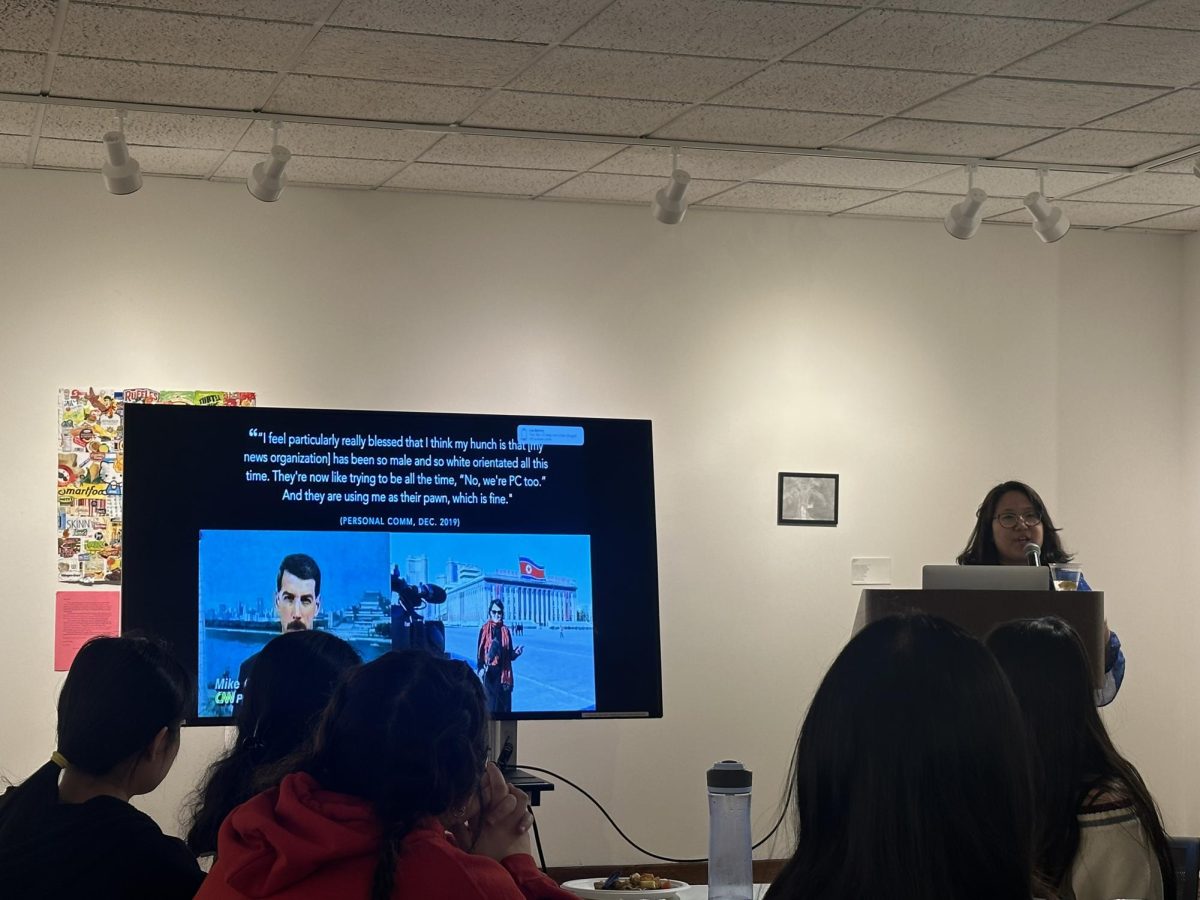In their recently published book, three Northwestern professors reveal information about young Chinese consumers from a marketing perspective.
Integrated Marketing Communications professors Don Schultz, Heidi Schultz and Martin Block started writing the book, “Understanding China’s Digital Generation,” last spring. They primarily used available databases from Prosper Business Development Corporation, a company that specializes in online consumer research in the United States and China. The book, which the corporation published in late January, is targeted to Western marketers, Heidi Schultz said.
“Western marketers tend to go to China and say they’re just like everyone else,” she said. “We’ve been hoping to help them understand the audience better and market to them in ways that are meaningful.”
The biggest misconception that Western marketers have when they go to China is that young Chinese consumers want to become Western, Heidi Schultz said.
“They most definitely want to become modern, and in many ways that means adopting some Western ways,” she said. “But they are doing it in a way that’s still going to be uniquely Asian and combines the different trends of their history.”
Kama Zhang, a high school senior at an international school in China who applied to NU and is awaiting his admission decision, said in an email that desires to adopt Western culture only exist in certain geographical areas. In international high schools, there is a divide between students who embrace Western culture and those who reject it.
“The students who want to be Westernized believe that it can help them become part of their college communities faster,” he said. “Moreover, they think that coming back to China with the ‘American’ Style is kinda (sic) cool. The students who are not willing to be westernized – me included – want to be representative in colleges. They want the Chinese elements in them to be recognizable.”
The authors decided to focus on Chinese youth born in the 1980s and 1990s because they are the first generation to grow up in the aftermath of many modern shifts in China, including the Cultural Revolution and one-child policy, Don Schultz said.
“They’re the first ones that have known digital all their lives,” he said. “They’re the first ones that have not experienced bad economic situations, massive migration from rural areas to cities, so they’re a very unique group of people.”
The three authors have made periodic visits to China over the past decade. Although they said their personal experiences in the country helped them make sense of the nuances in the data, they built most of the book’s content on empirical analyses, Block said. He said their book is strictly meant to give a marketing perspective.
One of the most interesting observations found in their data was the sophistication of social media in China, the authors said. QQ, an online platform similar to Facebook, has about a 90 percent usage rate among their research group, Block said.
“There are more social websites that are specialized by how they’re used and the kind of people that participate,” he said. “We’re lagging here, which I don’t think people here expect.”
Although people in China “love” to communicate through digital media, they are usually less reluctant to talk in person, Zhang said.
“It’s partly because traditionally Chinese people do not feel like revealing their true thoughts, and digital media provides them the opportunity to hide behind the screen and chat with others without showing who they really are,” Zhang said.
Although the authors found many contrasts in their comparisons of consumer research in the U.S. and China, they also found unexpected similarities, including the amount of fast food consumption and the influence of television.
“One of the very interesting things is that by far the dominant fast food in China is KFC,” Block said. “KFC is stronger in China than McDonald’s is in the U.S.”
There are currently no plans for another collaborative work in the future, but Block and Schultz have worked together on multiple projects before.
“It was a learning experience,” Block said. “We put together some things that I had never seen before.”














